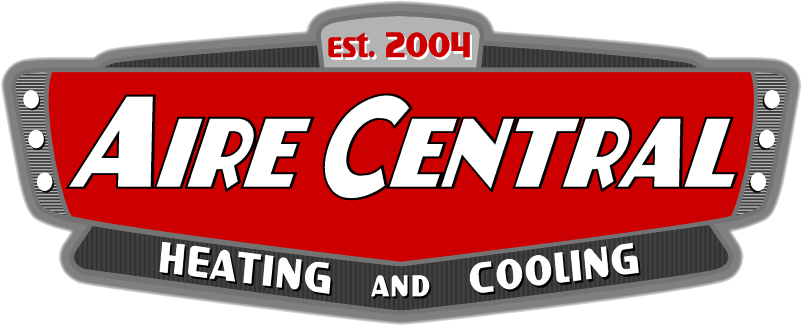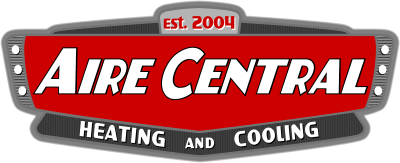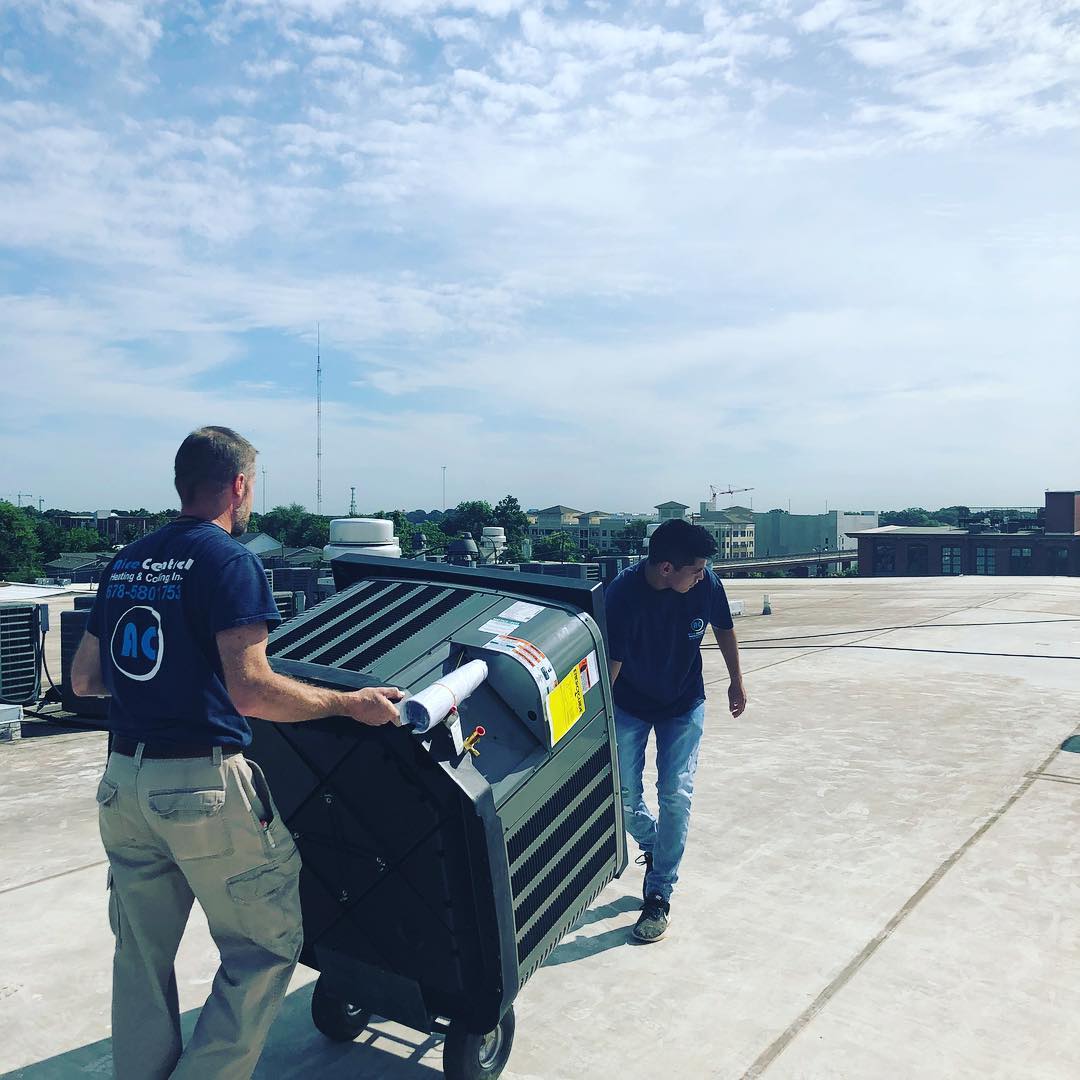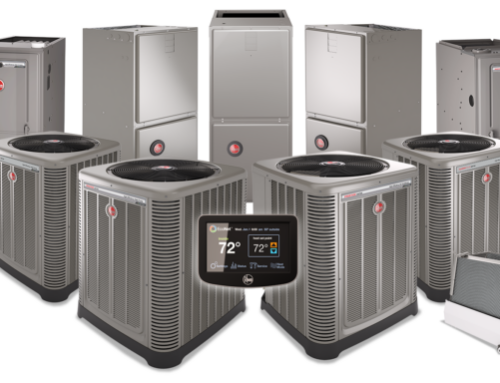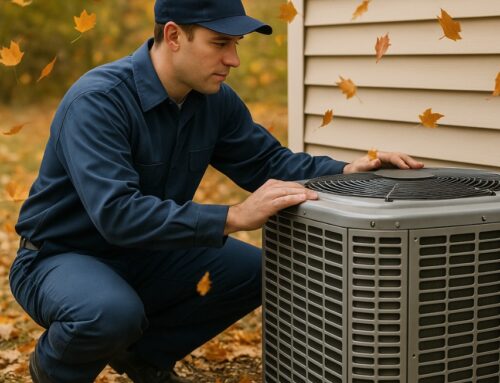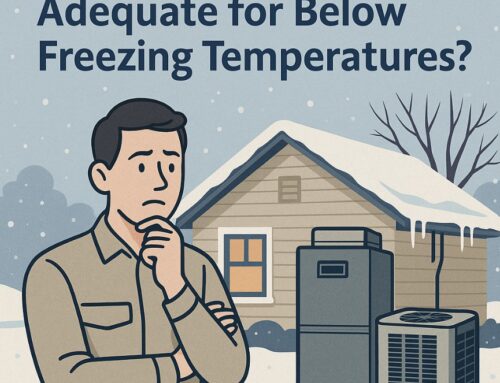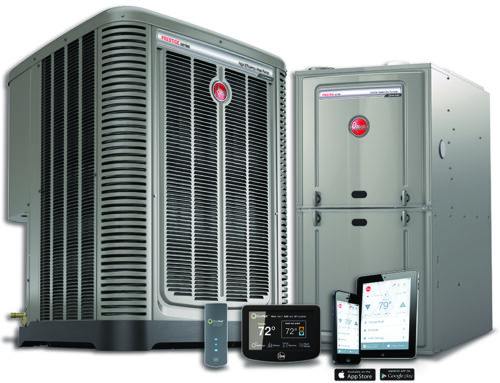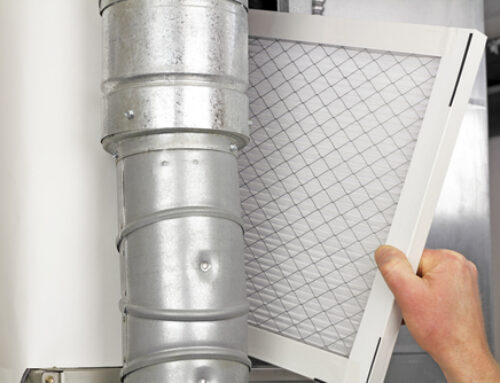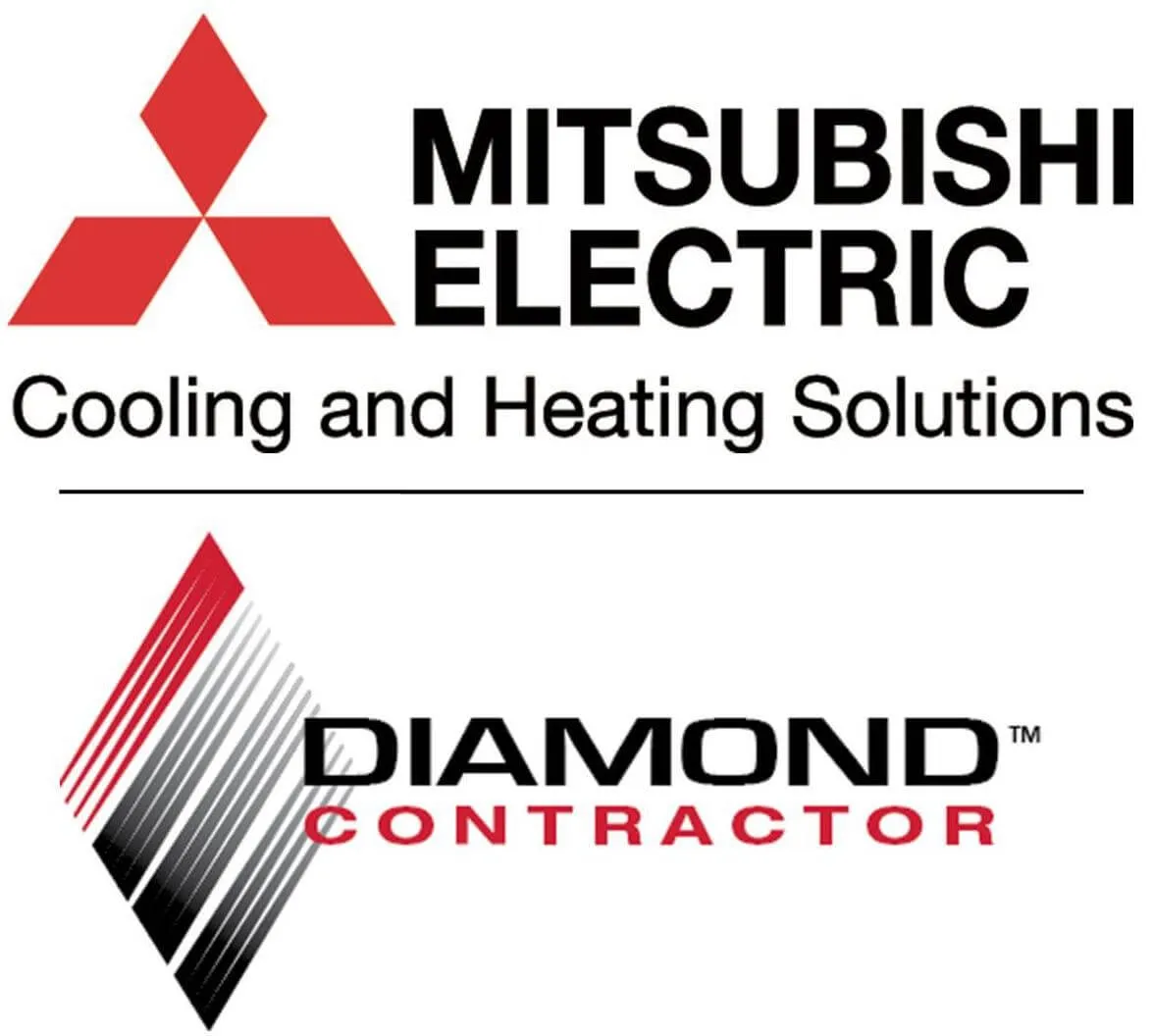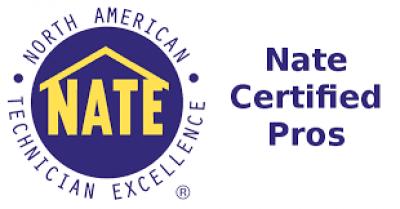If you’ve recently invested in a new HVAC system or are planning to, understanding warranties and service contracts is crucial. These agreements can save you money, extend the life of your equipment, and protect you from unexpected repair costs. However, the details of HVAC warranties and service contracts can sometimes feel overwhelming.
Whether you’re a homeowner looking to keep your Snellville property comfortable year-round or a property manager responsible for maintaining multiple systems, this guide offers clarity on what to look for and how to make the most of these agreements.
What is an HVAC Warranty?
An HVAC warranty is a promise from the manufacturer or installer to cover repairs or replacements for specific parts of your heating, ventilation, and air conditioning system for a predetermined period. Warranties typically fall into two categories:
Manufacturer’s Warranty: Covers defects in the equipment itself, like the compressor or evaporator coil. These warranties often last 5-10 years, though some manufacturers offer up to 12 years.
Labor or Installer Warranty: Covers the quality of the installation and the labor involved. These are usually shorter, lasting 1-3 years.
It’s essential to register your HVAC system with the manufacturer after installation to ensure your warranty is activated. Failure to register within their required time frame (commonly 30-60 days) might result in a reduced warranty period.
What is an HVAC Service Contract?
An HVAC service contract, also known as a maintenance agreement, is an arrangement between you and your HVAC company for regular tune-ups and servicing. While warranties protect you from specific failures, service contracts are all about prevention. These contracts usually include:
Seasonal Maintenance: Ensure your system is ready for summer or winter by cleaning and inspecting key components.
Priority Service: Get faster response times, especially during peak seasons.
Discounted Repairs: Receive lower rates for parts and labor if repairs are needed.
Efficiency Improvements: Maintain optimal performance, which can save you money on energy bills.
Pairing a strong service contract with your warranty is like taking out an insurance policy for your HVAC system—it keeps it running efficiently and helps prevent costly breakdowns.
Choosing the Right HVAC Warranties and Service Contracts
1. Understand What’s Covered
Read the fine print of both your warranty and service contract. Look for answers to these key questions:
Does the warranty cover parts only, or does it also include labor?
Are exceptions or exclusions listed? For example, some warranties may not cover damage caused by lack of maintenance.
What regular maintenance actions are required to keep the warranty valid?
2. Choose a Reliable HVAC Provider
Select a local provider with a strong reputation in Snellville, GA to handle your service needs. An experienced, trusted provider can help you understand warranty terms, avoid voiding your warranty, and ensure high-quality maintenance.
3. Compare Costs and Benefits
For warranties, check if extended options are available and whether they’re worth the added expense. For service contracts, evaluate how often you want maintenance checks and what additional perks (like priority service) are included.
4. Consider Compatibility with Your System
Different HVAC brands or models may have specific warranty conditions. Make sure your service contract aligns with your system’s requirements to avoid potential conflicts.
5. Keep Detailed Records
Document all maintenance work, repairs, and service dates. This information can prove invaluable in the event of a warranty claim.
Common Mistakes to Avoid with HVAC Warranties and Service Contracts
Skipping Regular Maintenance: Most warranties require regular tune-ups to remain valid. Neglecting maintenance could void your coverage.
Failing to Register the Warranty: Activate your warranty within the prescribed window to avoid losing years of coverage.
Ignoring Contract Limits: Don’t assume everything is covered. For example, thermostats and filters are often excluded from maintenance agreements.
Overlooking Fine Print: Ensure you understand transfer policies. If you sell your property, warranties may or may not transfer to the new owner without additional steps.
Why HVAC Care is Essential for Snellville Homeowners and Property Managers
HVAC systems in Snellville work hard year-round, facing humid summers and occasional chills in the winter. Proper maintenance ensures you’re not left sweltering in July or shivering in January.
For property managers, reliable HVAC systems mean fewer tenant complaints and lower turnovers. Service contracts can help keep your units running efficiently, avoiding costly emergency repairs.
If you have questions about HVAC warranties or service contracts or need help maintaining your system, we are here to assist. We’ve helped Snellville homeowners and property managers extend the life of their HVAC systems, reduce costs, and ensure year-round comfort.
